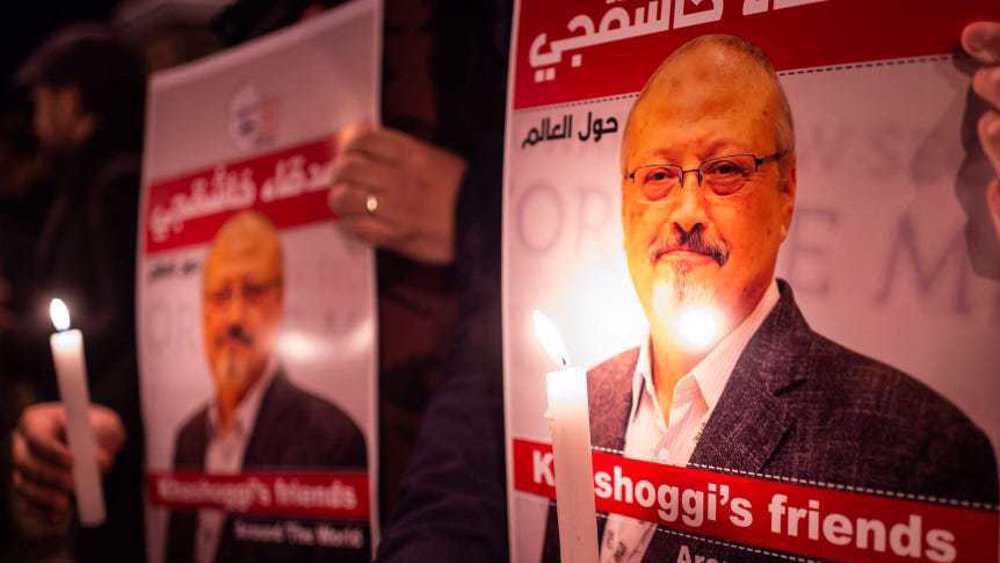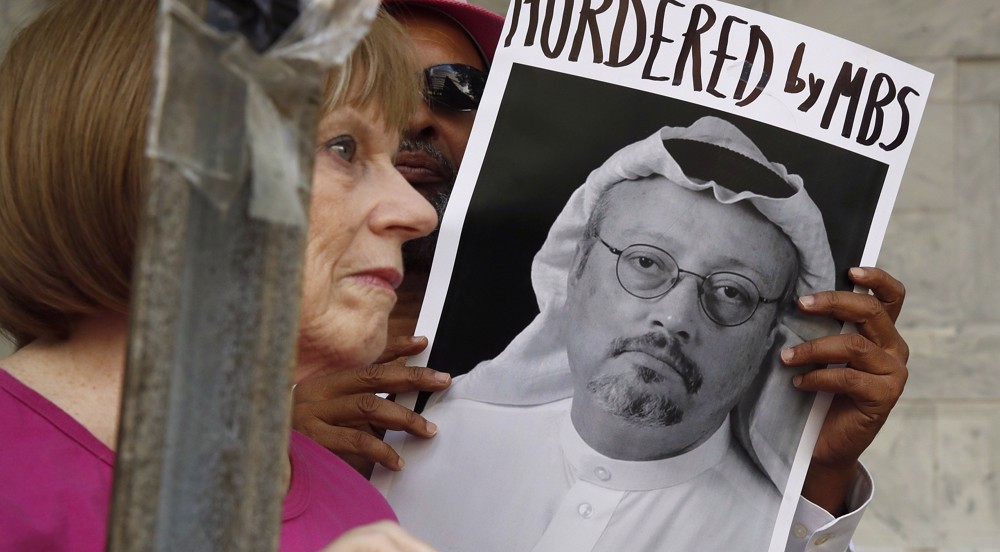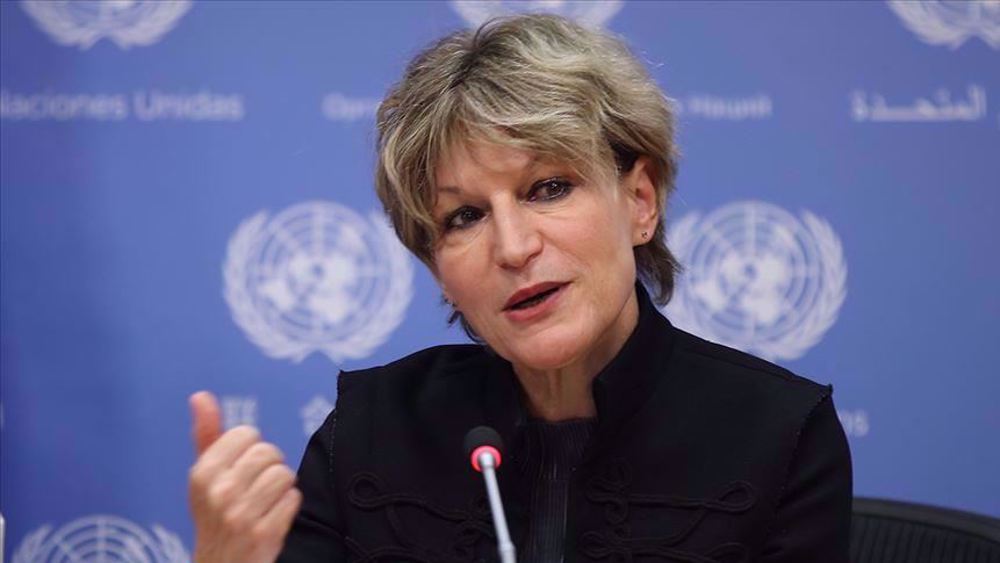US House votes to limit arms sale to Saudi Arabia over Khashoggi murder
The US House of Representatives has passed legislation restricting arms sales to Saudi Arabia over the killing of dissident Saudi journalist Jamal Khashoggi.
The bill passed the House with a two-thirds majority, 350-71 vote, on Wednesday.
The legislation, known as the “Protection of Saudi Dissidents Act of 2021,” would halt sales, authorizations and transfer of weapons and military services to Saudi Arabia.
President Joe Biden, however, would be allowed to provide arms to Riyadh if he can certify that the kingdom is not engaged in repression and torture of dissidents and arbitrary detention of US or international citizens.
Saudi Arabia has long been Washington’s number one weapons buyer.
The legislation was sponsored by Representative Gerry Connolly, who represents Khashoggi’s district in Virginia.
“Jamal Khashoggi’s brutal murder and dismemberment will not be forgotten, and it will not go unaddressed,” Connolly tweeted.
“The House of Representatives has spoken clearly: Saudi Arabia must be held to account,” he added.
Khashoggi, a former advocate of the Saudi royal court who later became a critic of Saudi Crown Prince Mohammed bin Salman (MBS), was killed after being lured into the Saudi consulate in Istanbul, Turkey, on October 2, 2018.
His body was dismembered by a Saudi hit squad and probably incinerated in an oven at Saudi envoy's home in the Turkish city.
The Biden administration released a long-secret intelligence report in February, which concluded that bin Salman approved the killing of Khashoggi.
According to the declassified intelligence report, an “operation of this nature” would not have taken place without the authorization of the crown prince and that the MBS supports the use of violent measures to silence dissidents abroad.
Unlike his predecessor Donald Trump, Biden acknowledged bin Salman’s murder, but failed to directly penalize the crown prince.
Trump, who maintained close ties with the kingdom, had refused to release that report, even though it was mandated by Congress.
Over the past four years of Trump’s presidency, lawmakers have repeatedly failed to block his plans for arms sales to Washington’s allies in the Middle East, including Israel and Saudi Arabia.
Last year, Trump vetoed a series of measures that would have blocked the sale of billions of dollars of arms to Saudi Arabia and its ally, the United Arab Emirates (UAE), which have waged a devastating war on Yemen since 2015.
He claimed back then that blocking the arms sales “would weaken America’s global competitiveness and damage the important relationships we share with our allies and partners.”
Biden, however, vowed during his presidential campaign to take a tougher line with the Saudis.
“We are going to make them pay the price and make them, in fact, the pariah that they are,” he said during the campaign.
His aides, however, have repeatedly defended the president’s inaction in taking the crown prince accountable in Khashoggi’s murder, saying that Biden’s goal is to rebuke the kingdom while preserving an important alliance.
White House press secretary Jen Psaki said earlier this month that Washington’s “objective is to recalibrate the relationship” with the kingdom.
She also said Washington does not typically sanction the leaders of those states with which it has diplomatic relations.
Thor Halvorssen, founder of the Human Rights Foundation, said, “Meet the new boss, same as the old boss, at least with regard to the relationship with Saudi Arabia."
Human rights advocates warned that Biden’s refusal to directly punish the crown prince, will give a green light to other authoritarian leaders that they can reach beyond their borders to silence critics.
Leader: Iran has no proxy forces in West Asia
US fighter aircraft shot down ‘in friendly fire’ amid aggression on Yemen
Yemeni FM: Israel’s sponsors accountable for ongoing aggression on Sana’a
Eight Palestinians killed as Israel attacks Gaza school, hospitals
VIDEO | Rome, Milan host new protests in solidarity with Palestinians
Dec. 21: ‘Axis of Resistance’ operations against Israeli occupation
Spain jurists demand ties with Israel ties be cut
VIDEO | Press TV's news headlines












 This makes it easy to access the Press TV website
This makes it easy to access the Press TV website